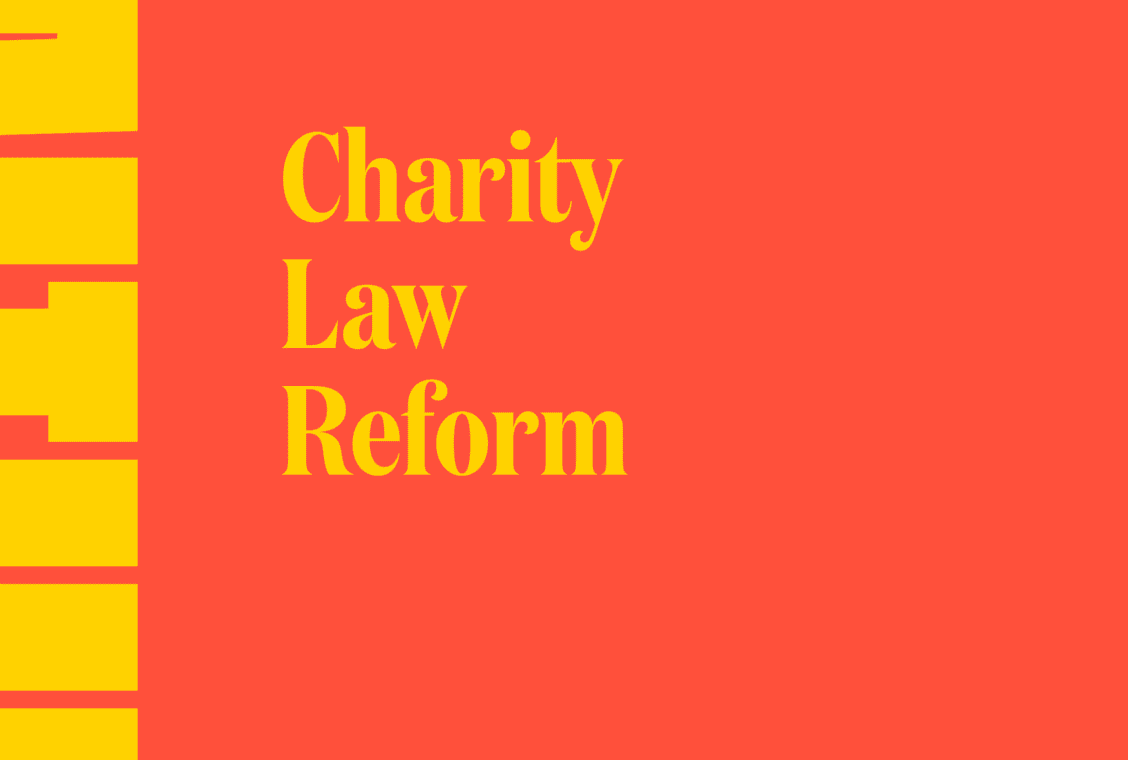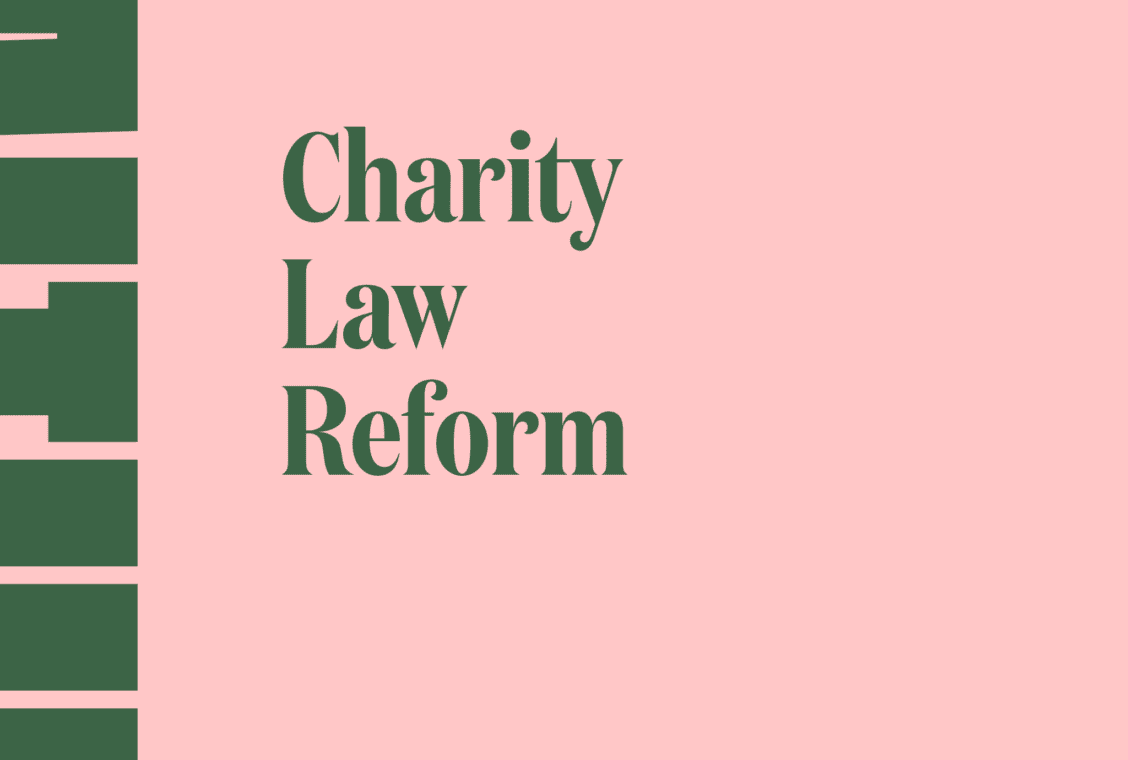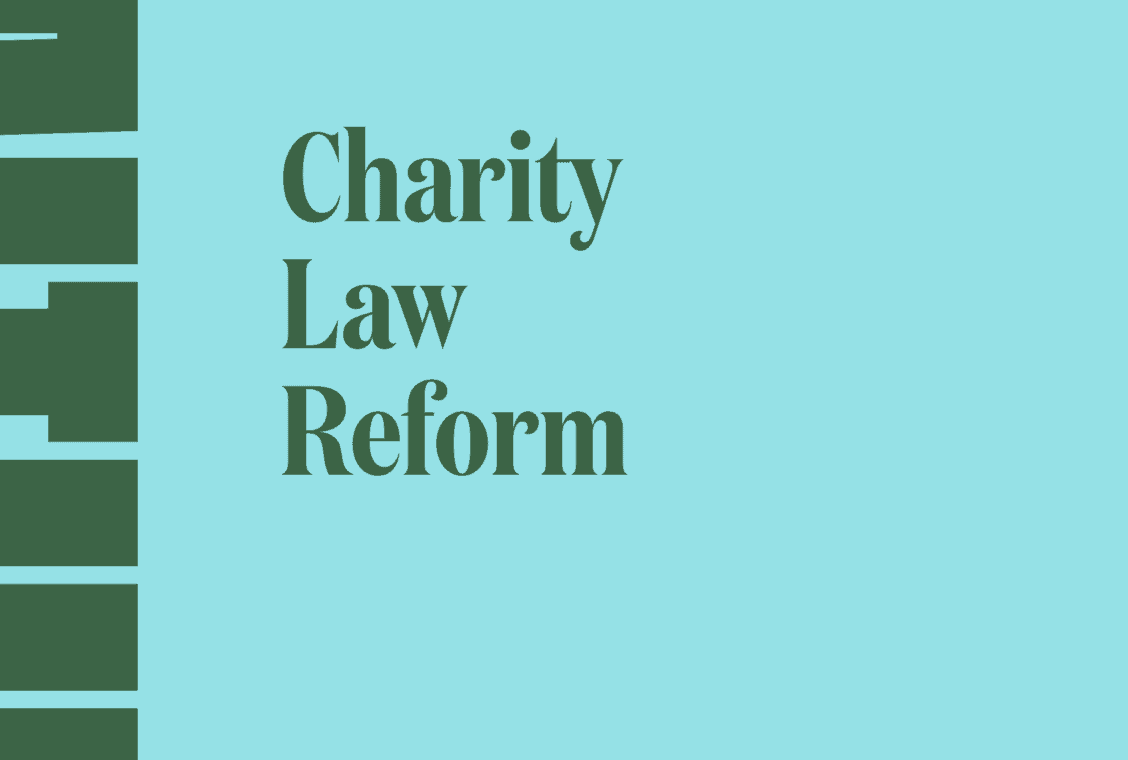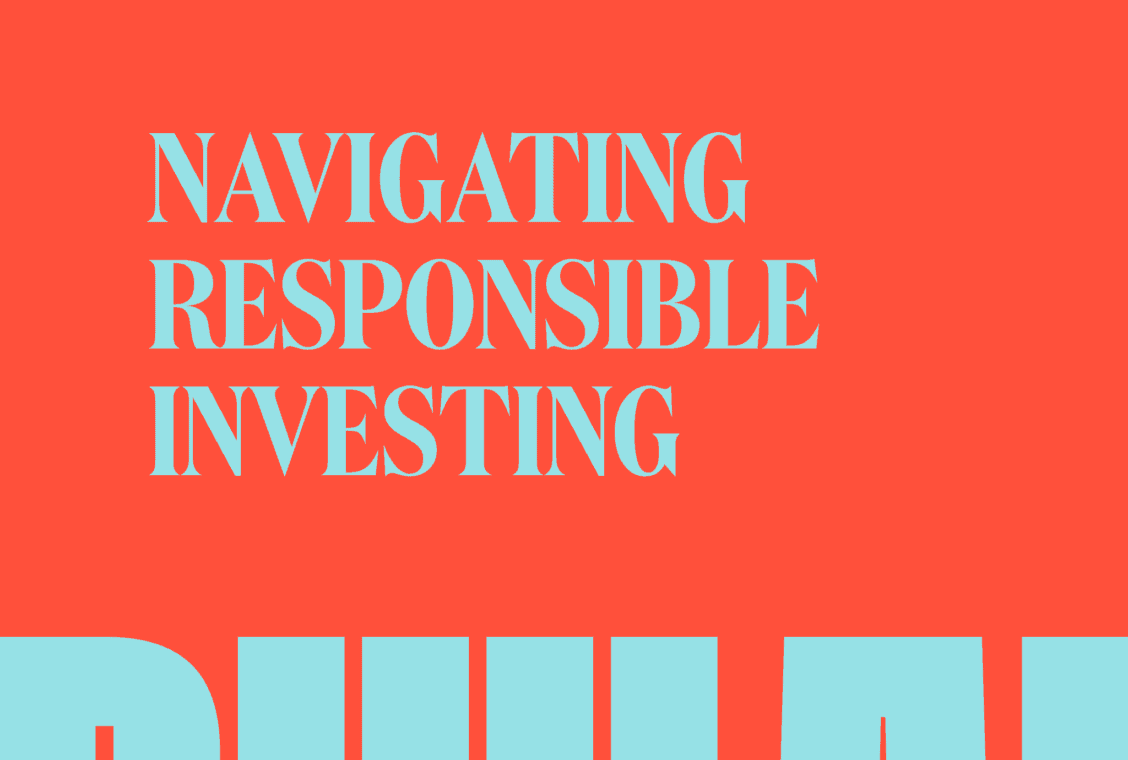Consistently inconsistent: Unincorporated associations owning real property in Canada
Registered charities, non-profit organizations, and other tax-exempt entities often choose to operate as unincorporated – or voluntary – associations, because of the lack of legal requirements (and fees) associated with this type of organizational structure. As a result, however, these organizations can’t enter into legal agreements, can’t hold title to real property, and can’t protect members from liability.





